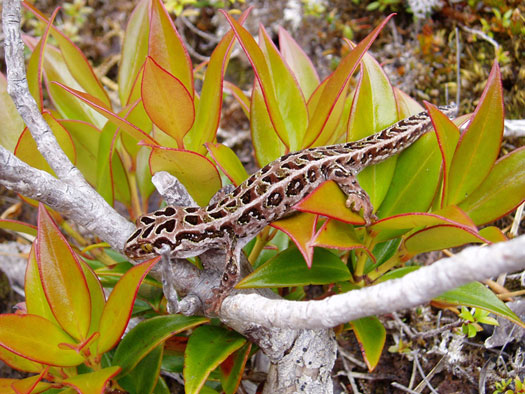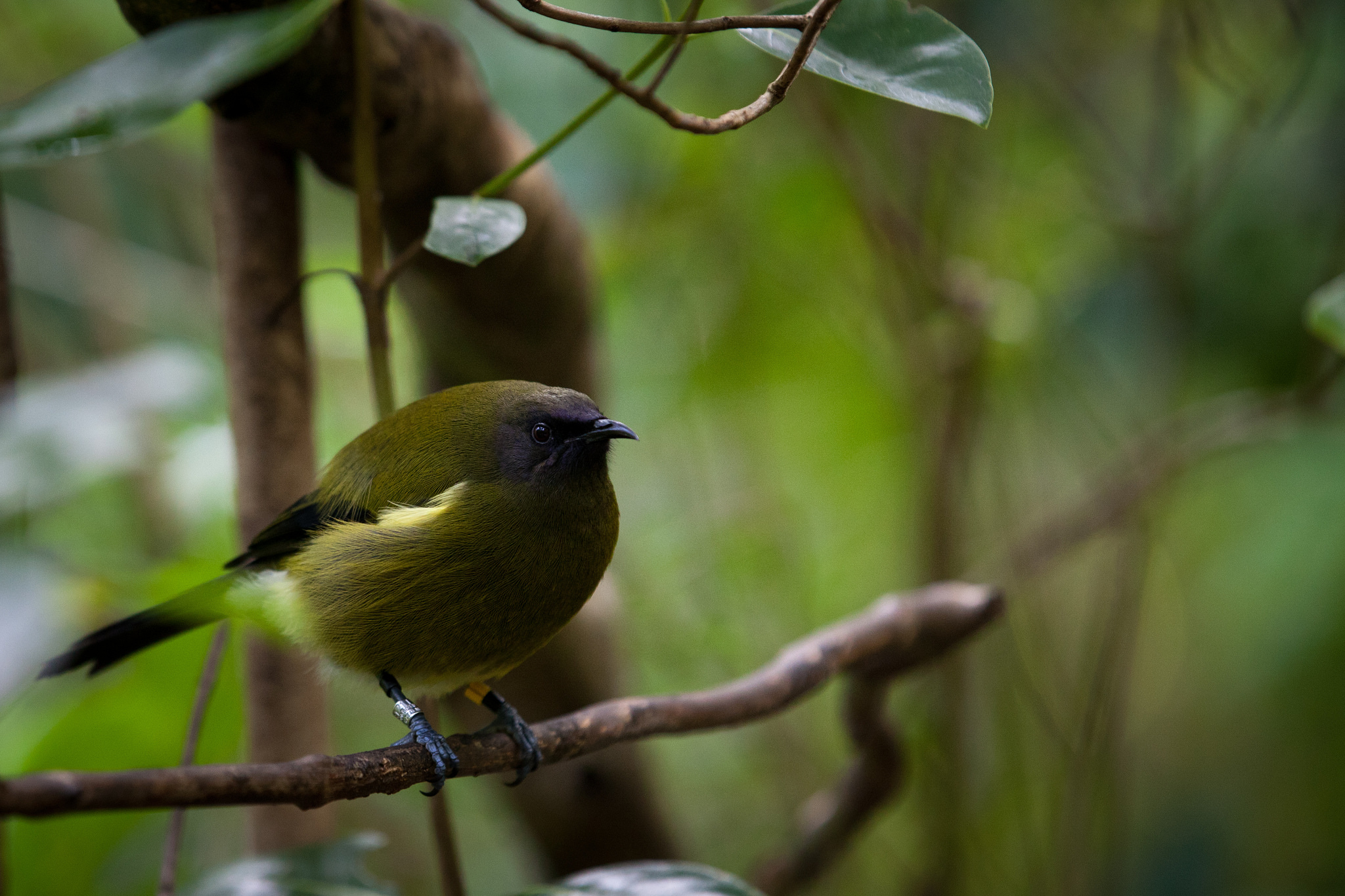December 4, 2024
The Ebiil Society: Champions of Palau
Ann Singeo, founder of our partner organization the Ebiil Society, shares her vision for a thriving Palau and a flourishing world of indigenous science!
We use cookies to help you navigate efficiently and perform certain functions. You will find detailed information about all cookies under each consent category below.
The cookies that are categorized as "Necessary" are stored on your browser as they are essential for enabling the basic functionalities of the site. ...
Necessary cookies are required to enable the basic features of this site, such as providing secure log-in or adjusting your consent preferences. These cookies do not store any personally identifiable data.
Functional cookies help perform certain functionalities like sharing the content of the website on social media platforms, collecting feedback, and other third-party features.
Analytical cookies are used to understand how visitors interact with the website. These cookies help provide information on metrics such as the number of visitors, bounce rate, traffic source, etc.
Performance cookies are used to understand and analyze the key performance indexes of the website which helps in delivering a better user experience for the visitors.
Advertisement cookies are used to provide visitors with customized advertisements based on the pages you visited previously and to analyze the effectiveness of the ad campaigns.
Looking to make an impact this Earth Month? Here’s how.

New Zealand schools team up with government to protect native plants and wildlife.
In New Zealand, locals know how damaging invasive species can be. Recognizing the importance of local biodiversity and the opportunity to support native species, schools are teaming up with the New Zealand Department of Conservation.
Many of our endemic wildlife species are on the threatened species list. The biggest immediate threats come from introduced predators such as stoats, possums, rats, mice, feral cats and even hedgehogs.

To prevent extinctions, local schools and government are working together to plant native vegetation in and around schools. Native birds, reptiles, and insects such as weta are expected to benefit from the work.
With the promise of abundant fruit, seeds and nectar birds such as kereru, kaka, bellbirds, tui and wax-eyes will come visiting and stay if they find safe haven in the freshly planted school grounds. They will also be able to move safely and in manageable distances along the green corridors from the forested areas above Nelson into the city.

Students are gaining hands-on experience in restoration:
This term the children will be creating bird nesting boxes, weta motels, lizard and gecko hideaways, forage for at-risk butterflies and bees, and shaded areas along wetland areas where fish can find cool habitats in the summer.
The projects are having a “halo effect” within the region, benefiting species even beyond the exact location of restoration:
The combined effort of pest control and planting native trees is enabling wildlife to spread their wings out across the city.
Featured photo: Kereru. Credit: Warren Smart
Source: Stuff.co.nz
Check out other journal entries we think you might be interested in.
Notifications